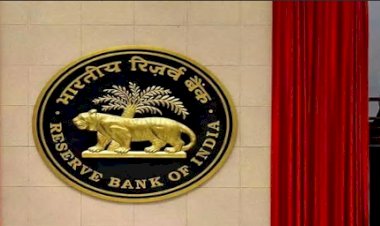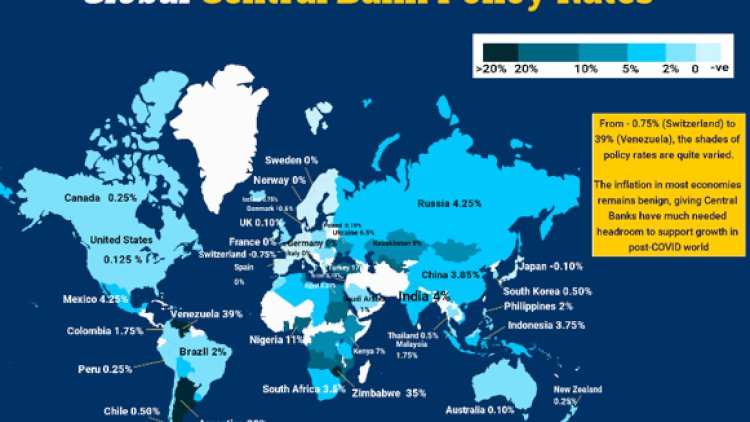Delhi Burns: Record 52.3°C Heatwave, city's highest-ever recorded temperature
Delhi has recently experienced its hottest day in history, with temperatures reaching a scorching 52.3°C. The suburb of Mungeshpur also saw its highest temperature ever, surpassing 50°C for the first time. This unprecedented heatwave has brought the city to a standstill, impacting daily life and raising concerns about health and safety.

The India Meteorological Department (IMD) has issued a warning about the severe heatwave conditions. Over the next several days, extreme temperatures are expected to persist, affecting many regions:
- Punjab, Haryana, and Chandigarh: Severe heatwave conditions at most places.
- Delhi, Uttar Pradesh, and Rajasthan: High temperatures will continue.
- Jammu & Kashmir and Himachal Pradesh: Isolated places will also experience heatwave conditions.
Nighttime temperatures are expected to remain high, offering little relief from the intense heat.
Impact on Daily Life
This extreme heatwave is not just an inconvenience; it poses serious health risks. Residents are advised to take precautions to stay safe:
Stay Hydrated: Drink plenty of water to avoid dehydration.
Avoid Direct Sunlight: Stay indoors during the hottest parts of the day.
Wear Light Clothing: Opt for loose, light-colored clothes to stay cool.
Use Fans and Air Conditioning: Keep your living spaces cool.
Health Precautions
High temperatures can lead to heat-related illnesses, such as heat exhaustion and heatstroke. Symptoms include dizziness, nausea, and headaches. If you or someone you know shows signs of heatstroke—such as a high body temperature, rapid pulse, or confusion—seek medical help immediately.
Community Response
Community efforts are essential in times like these. Check on elderly neighbors, ensure pets have access to water, and consider volunteering at local cooling centers or shelters.
Looking Ahead
As climate change continues to influence weather patterns, extreme temperatures are becoming more common. It's crucial to stay informed and prepared for such events. The IMD's warnings highlight the need for immediate action to protect ourselves and our communities from the dangers of extreme heat.
Conclusion
The unprecedented heatwave hitting Delhi, with temperatures soaring to a record-breaking 52.3°C, serves as a stark reminder of the growing impact of climate change. As the city grapples with these extreme conditions, the need for immediate action to protect public health and mitigate further environmental damage becomes ever more urgent. This sweltering crisis underscores the importance of community efforts and preparedness in facing such natural adversities. Moving forward, we must prioritize sustainable practices and climate resilience to safeguard our future against the rising threat of global warming. Stay safe, stay informed, and support one another through this challenging time.





































Comments (0)